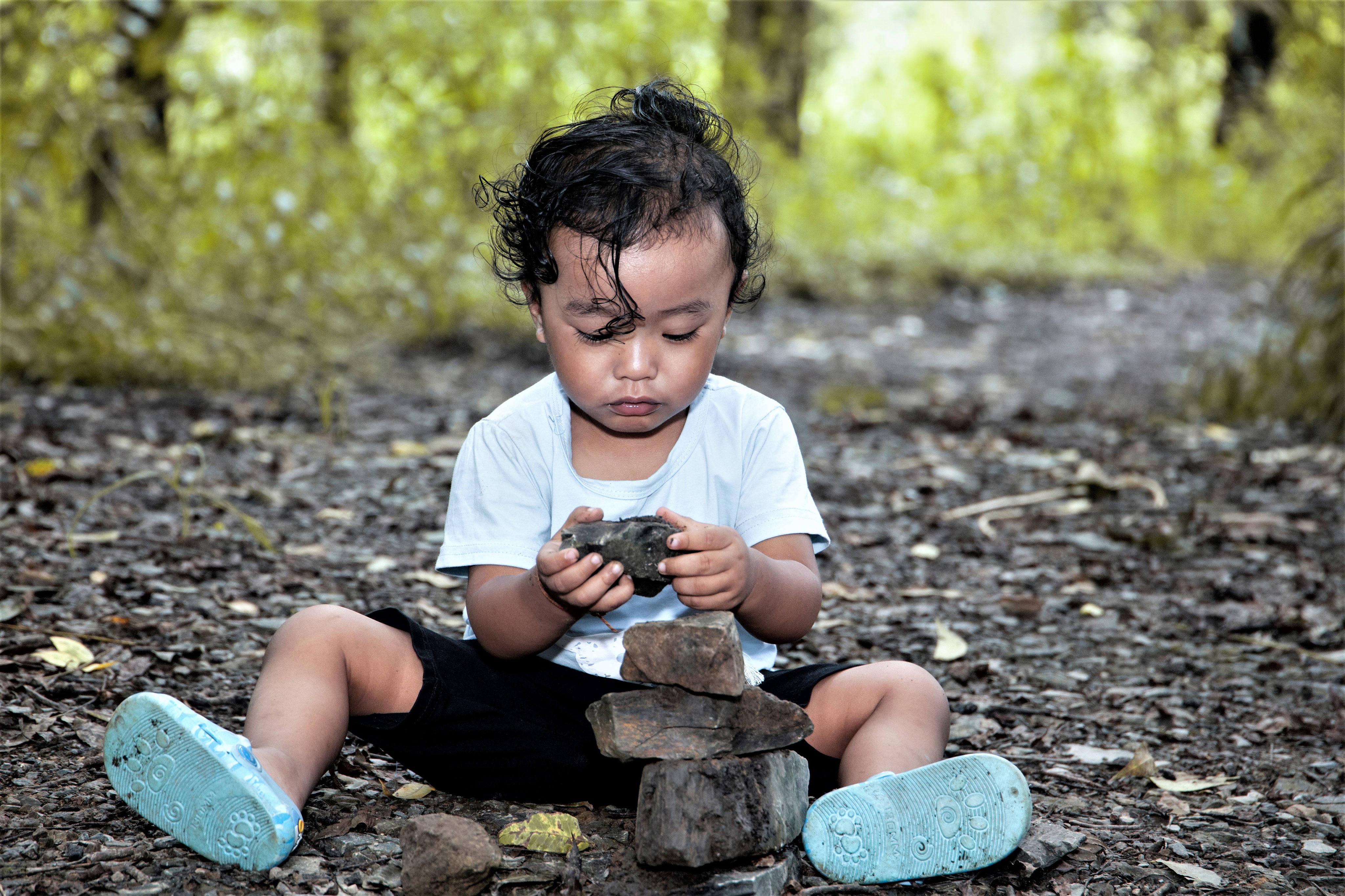
Nature Based early childhood education in Nepal
So much have been narrated about Nature Based early childhood education in Nepal but my question is how far are Nepali preschools able to implement this innovative and playful concept of Nature Based early childhood education in Nepal?
This is undeniable that Nepal has a huge competition between preschools, their so called international brands and interventions. The newer concept of preschools in Nepal are still struggling between the indoor or outdoor teaching, considering that outdoor teaching needs a huge space, infrastructure and skills.
Those preschools where you send your beloved children who are the future of your life and nation should be observed and evaluated delicately, the simple question to every parents will be what are the transformations you anticipate to see in your children?
I mean is it the marks or discipline or vocabulary or reasoning or something else? What are the changes or improvements you want to see your child in their preschools? As someone who is working in early child development since a decade, I would strongly recommend the need of outdoor teaching and natural setup not just for children but also for adults. It’s scientifically proven that nature based outdoor learning component offer children an opportunity to develop hands-on learning and reasoning skills such as scientific enquiry and hypothesis testing. The mud without water is dry and with water is a clay, some leaf are green and some are yellow, flower are primarily buds before blooming and it takes certain time for flowers to bloom, the relation of natural shapes and alphabets, their self-coordination and body balance, the self-lesson of gravity and a “pro environmental attitude” been developed in a child.
T for Tree is better when taught under a tree, touching its trunk and seeing its leaf isn’t it?
Learning is metaphorical and it depends upon a relation of an object in mind and it’s wordily expressions. Nature based learning delivers infinite ways of learnings for children, they are not just confined to classrooms but the freedom of exploring the limitless experience under a safe circumstances are provided. Let me elaborate how a nature based early childhood learning benefits a child.

- Builds Confidence: There are infinite ways to interact with outdoor environments in nature, from the backyard to the park to the local hiking trail or lake, and letting your child choose how he/she treats nature, letting them have the power to control their own actions.
- Promotes creativity and imagination: This unstructured style of play also allows kids to interact meaningfully with their surroundings. They can think more freely, design their own activities, and approach their own way of world in personally inventive ways.
- Makes responsible: Living things die if mistreated or not taken care of properly, and entrusting a child to take care of the living parts of their environment means they’ll learn what happens when they forget to water a plant, or pull a flower out by its roots.
- It provides different stimulation: Nature may seem less stimulating than your child’s violent video game, but in reality, it activates more senses—you can see, hear, smell, and touch outdoor environments.
- It makes them think: Nature creates a unique sense of wonder for kids that no other environment can provide. The phenomena that occur naturally in backyards and parks everyday make kids ask questions about the earth and the life that it supports.
- It reduces stress and fatigue: According to the Attention Restoration Theory, urban environments require what’s called directed attention, which forces us to ignore distractions and exhausts our brains. In natural environments, we practice an effortless type of attention known as soft fascination that creates feelings of pleasure, not fatigue.
So while screen time is the easier, more popular choice, it’s important to set aside time for outdoor play. For fun, stimulating activities you and your kids can do in nature. Preschools builds fundaments for your children, those fundaments and values they live their entire life with. Nature Based early childhood development must come out of brochures and into the reality for Nepali preschools, We Lavender preschool are dedicated for nature based early child development.
There are international curriculums and interventions but have you ever allocated time in assimilating how effective could those remote curriculums be for your child? May be your child argues in sticking in their screens but a comprehensive learning can only be occurred under a natural setting and it does matter. Preschool is an important venue for teaching, encouraging, and practicing behavioral regulation skills, as they are associated with academic readiness in kindergarten and appropriate behavior in the classroom setting. Most of us spent ample time in nature as children, climbing trees, exploring rocks and bugs, or even just playing games outdoors with friends. Little did we know that these fun activities were actually building our brains, bodies, and characters for later life? Today, ample research has shown that nature exposure has numerous long-term benefits and we follow the method of nature based learning at Lavender Preschool. Feel free for any queries or comments about Lavender’s teaching methods and interventions, we will be so happy to get back to you.
Lydia Lama
Early Child Development activist
Principal, Lavender Pre School
Contact no: 9851102183
Location : Dhobighat ,Lalitpur

